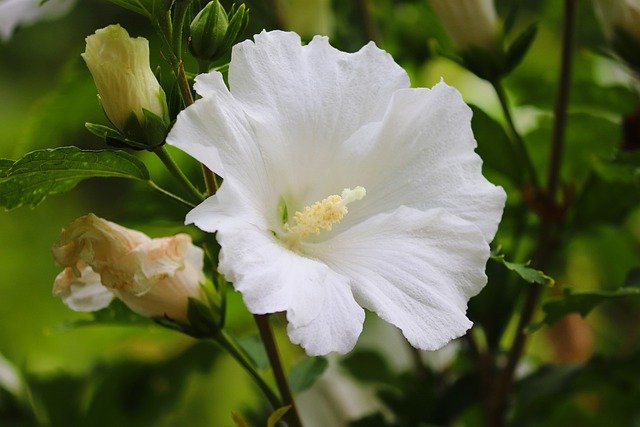ORNAMENTALS
Roses
MIDI-Zen®
Wurms KV and Hofland-Zijlstra JD (2015).
Control of Powdery Mildew on glasshouse-grown roses and tomatoes in the Netherlands using anhydrous milk fat and soybean oil emulsions.
BOTRY-Zen® WP
Trial work in Ecuador has shown good Botrytis control. Data to come (2022).
Peonies
BOTRY-Zen® has been used for several years on peony roses. Regular applications of BOTRY-Zen® throughout the season result in fewer stems dying off at ground level due to Botrytis rot, and strong, healthy foliage. Botrytis causes stem rot at ground level in developing peony shoots. The shoots fall over and are no longer able to produce a flower.
This study was conducted by a grower who applied BOTRY-Zen® and another biological control agent to rows of peonies every 7 days. BOTRY-Zen® significantly reduced the loss of stems to Botrytis over this period of risk.
Ranunculus
BOTRY-Zen®
A succesful trial was carried out in Arizona (USA) on Ranunculus to control the disease Xanthomonas. (US trade name BotryStop) (2019).
begonia
BOTRY-Zen®
A succesful trial was carried out in Arizona (USA) on Begonia to control the disease Xanthomonas. (US trade name BotryStop) (2019).
hibiscus
BOTRY-Zen®
A succesful trial was carried out in Arizona (USA) on Hibiscus to control the disease Xanthomonas. (US trade name BotryStop) (2018).
petunias
ARMOUR-Zen®
A trial was carried out at the University of New Hampshire to control Botrytis on Petunia leaves (2020)
Poinsettia
BOTRY-Zen® WP
A succesful trial was carried out in Michigan State Univesity (USA) on Poinsettia to control the disease Botrytis Blight. ((BWN165N used to describe BotryStop WP (USA trade name )) (2020).







